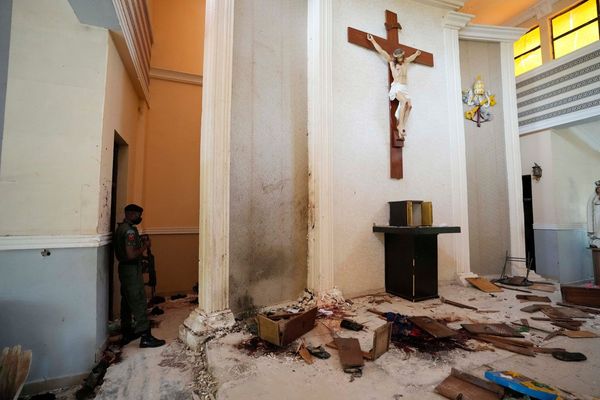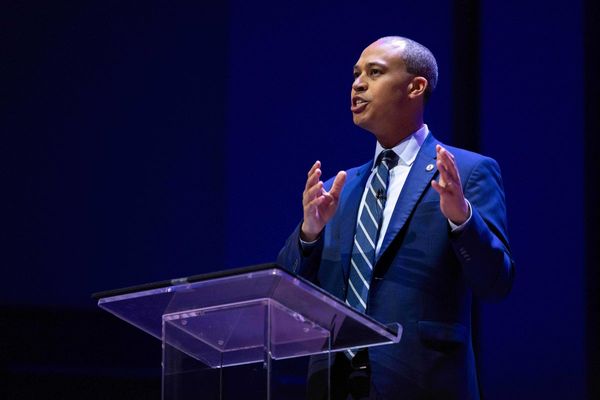
Lithuanians are heading to the polls on Sunday to participate in a crucial presidential election. The incumbent, Gitanas Nauseda, is the frontrunner for another five-year term, although he faces competition from seven other candidates. If no candidate secures 50% of the votes, a runoff will be held on May 26.
The president in Lithuania holds significant responsibilities, including overseeing foreign and security policy and serving as the supreme commander of the armed forces. This role is particularly crucial given the escalating tensions between Russia and the West, with concerns heightened by Russia's recent military advances in Ukraine.



Lithuania, strategically positioned on NATO's eastern flank, shares borders with the Russian exclave of Kaliningrad, adding to the apprehension in the region. The Baltic states of Lithuania, Latvia, and Estonia, which gained independence after the Soviet Union's dissolution, have aligned themselves with the EU and NATO.
The election features candidates with diverse backgrounds and platforms. Nauseda, a moderate conservative, faces challengers such as Ingrida Šimonyte, the current prime minister, and Ignas Vegele, a populist lawyer known for his opposition to COVID-19 restrictions and vaccines.
Aside from the presidential race, a referendum is being held to decide on amending the constitution to allow dual citizenship for Lithuanians living abroad. Currently, citizens who adopt another nationality must renounce their Lithuanian citizenship, contributing to a decline in the country's population over the years.
Notably, the Organization for Security and Cooperation in Europe (OSCE) declined Lithuania's invitation to observe the election due to the exclusion of monitors from Russia and Belarus. The OSCE emphasized the importance of political neutrality and adherence to established rules for election observers.
The election results are eagerly awaited, with implications not only for Lithuania but also for the broader geopolitical landscape in the region.







